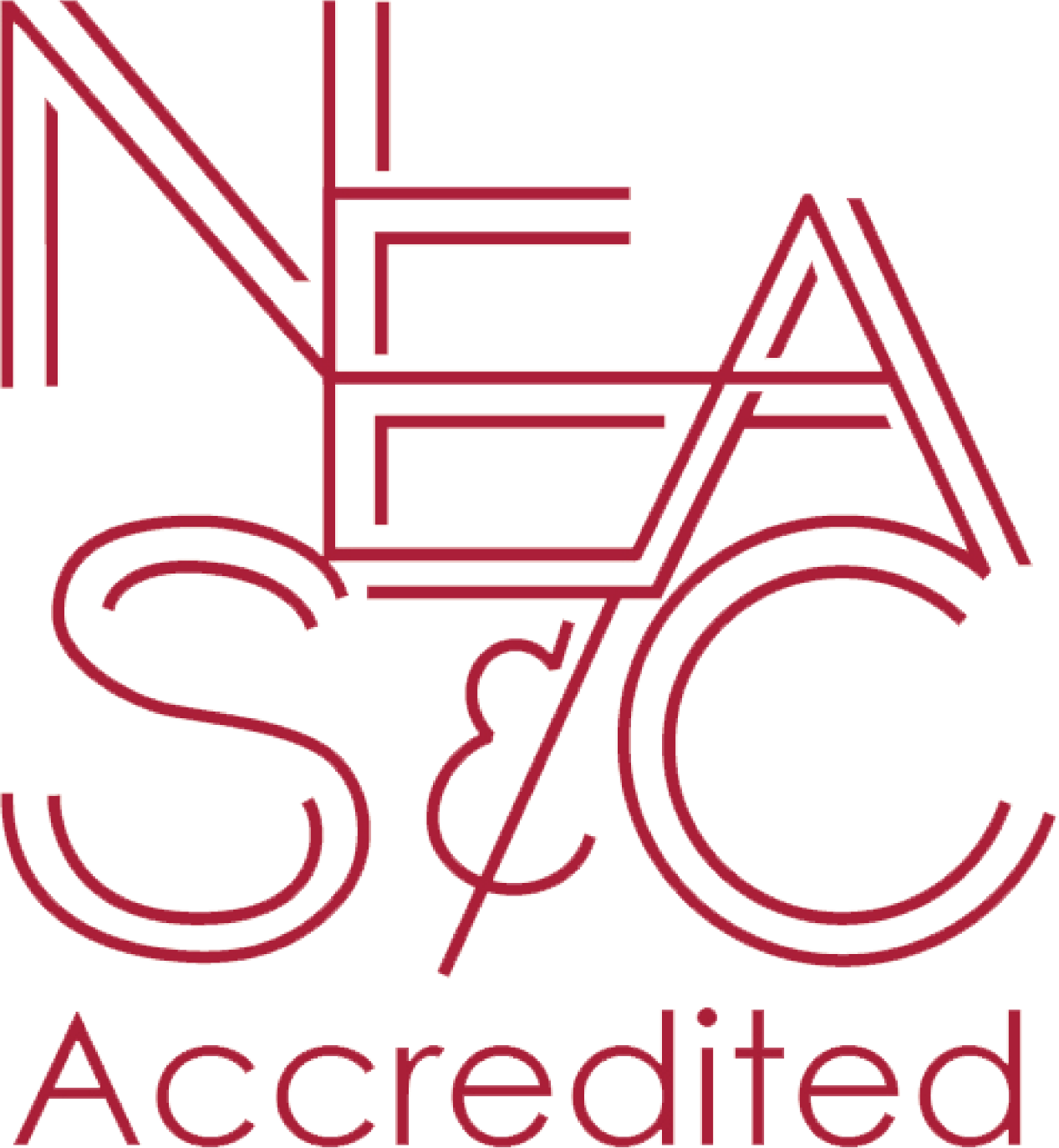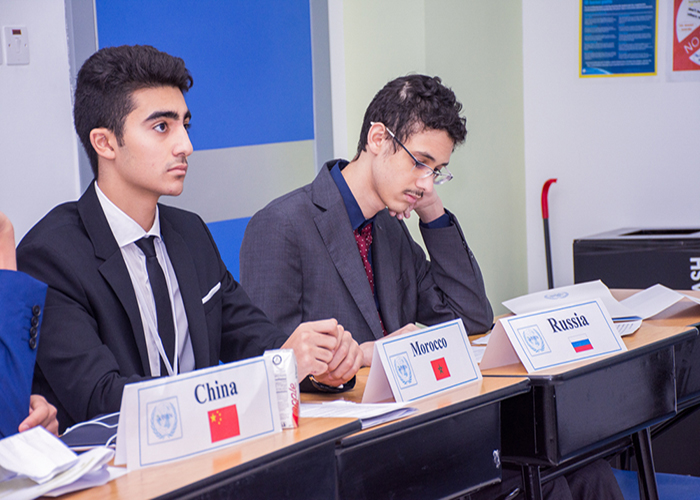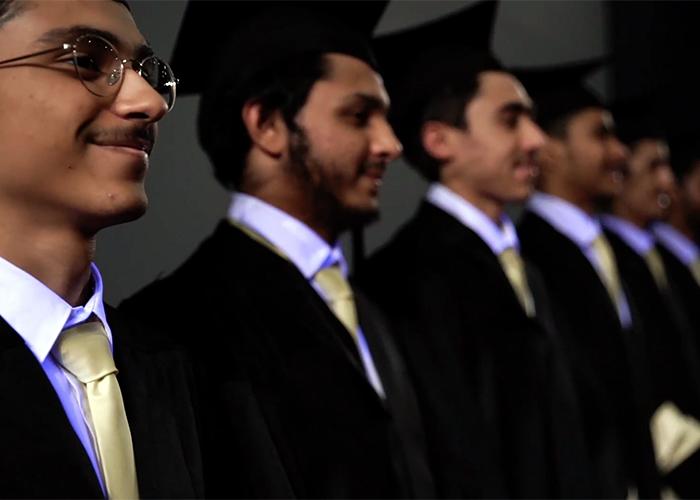Creativity: dance, music, drama, arts, and other experiences that involve creative thinking.
Activity: physical exertion contributing to a healthy lifestyle.
Service: unpaid and voluntary activities that involve interaction with others in the community. All those involved should show respect for the dignity and rights of others.
CAS activities should ensure student development through:
- real, purposeful activities, with significant outcomes.
- personal challenges – the tasks must extend you and be achievable in scope.
- thoughtful consideration, such as planning, reviewing your progress and reporting.
- reflection on outcomes and personal learning.
A successful CAS program must show evidence of all 7 learning outcomes:
- identify own strengths and develop areas for growth.
- demonstrate that challenges have been undertaken, developing new skills in the process.
- demonstrate how to initiate and plan a CAS experience.
- show commitment to and perseverance in CAS experiences.
- demonstrate the skills and recognize the benefits of working collaboratively.
- demonstrate engagement with issues of global significance.
- recognize and consider the ethics of choices and actions.
Students will be using the ManageBac to document their activities. Students build their online CAS Portfolio where they are allowed to enter activities, upload evidence linked to one or more learning outcomes and reflect on their activities and progress on a regular basis.
In addition, students must keep a CAS journal where they document evidences, reflections, pictures, CDs, drawings, or any other form of communication. The CAS Coordinator is to regularly check students’ CAS journals. The CAS Coordinator is to hold on to the students’ journals for 1 year after the students have completed their DP.
CAS is internally assessed however, a failure to adequately complete and provide evidence for completion is considered a failing condition for the IB Diploma.







